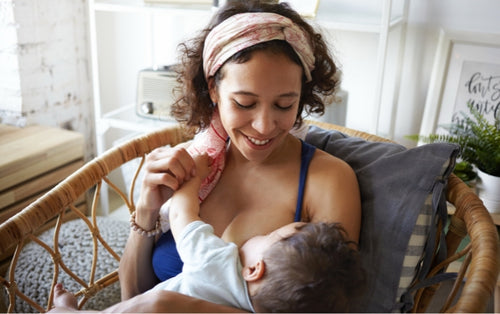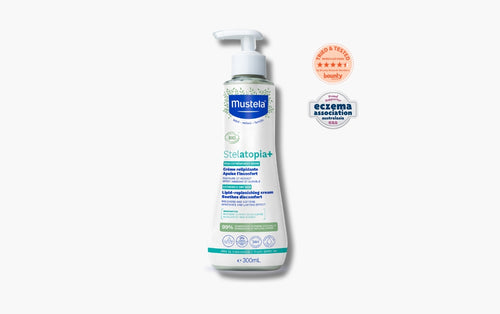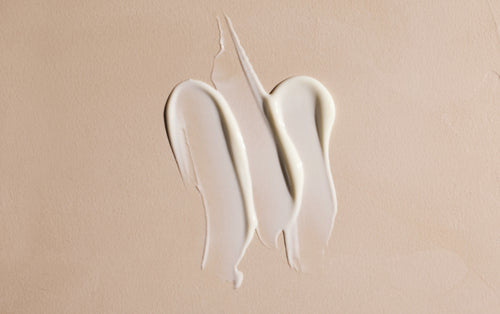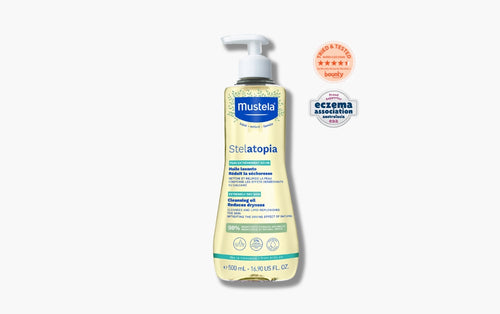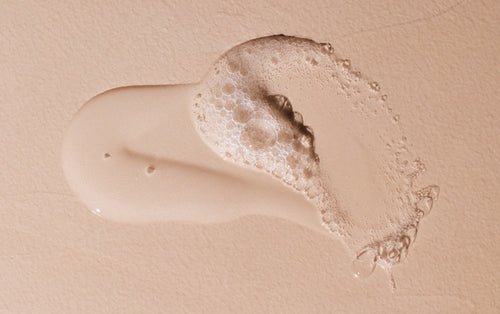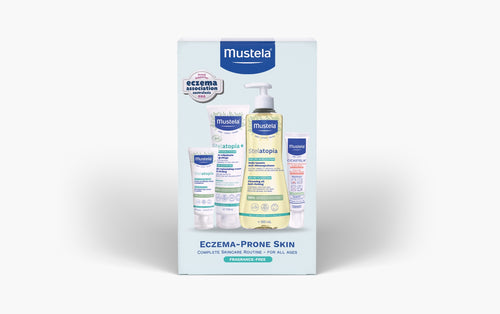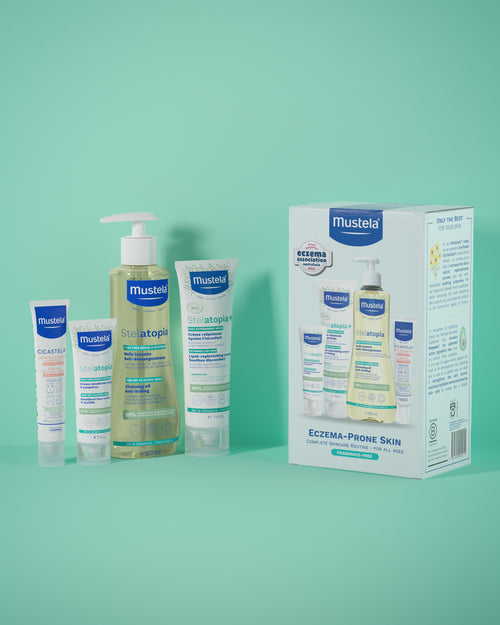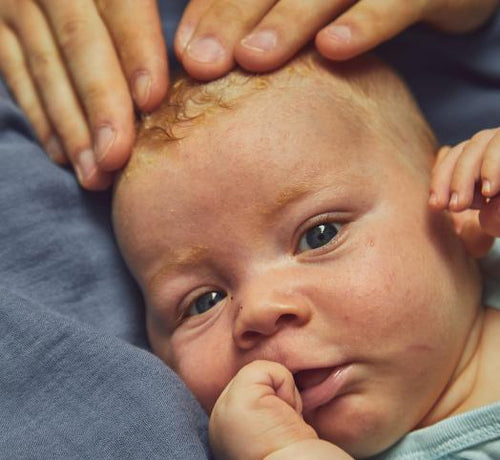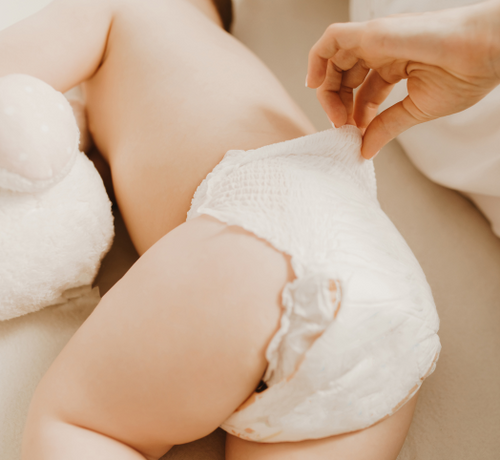A moment of enjoyment shared between parents and their children! After 9 months in their mothers’ tummies, all babies feel at home in water! Up until the age of around 12 months, babies still have a natural swim reflex (or apnea reflex). This means that when they are in water, they spontaneously close their mouths, hold their breath and move their arms and legs. Although they have these unique relexes, they are still not able to swim on their own and should always be held by a parent.
A fulfilling activity
Many swimming pools are now running baby swim sessions. The aim is not to teach babies how to swim, but instead to foster their sensorial awakening and help develop their motor skills. When they are in water, they are more aware of the contours of their bodies; they learn how to move differently and discover new sensations. Doing this also helps them gain in confidence. They become more autonomous and develop their social skills by interacting with the rest of the group. And it is a special moment of bonding and enjoyment shared between parents and their children. What more can you ask for?
How the sessions are run
Each baby is accompanied by one or the other (or even both) of their parents. The whole group is supervised by a specially trained lifeguard. The water is preheated to room temperature. Your child enters the water – with you holding them in your arms – as gently as they require.
During the sessions, a whole range of sensory aquatic awakening accessories will be available for the children, depending on their age, and will include balls, floats, rubber rings, mats and slides. All will provide them with opportunities for fun and new sensations – either with their parents or with other children.
If your baby starts to look tired or if they are cold before the session starts, then don't force them. Take them out of the water and quickly warm them up in a soft towel. The main aim of these baby swim sessions is to have fun!
Practical information
When your baby is 6 months old, you can join a parent-and-child swimming class. You'll be in the water with your baby during these classes. Your child probably won't be developmentally ready for formal swim lessons until age 3 or 4, at least.
In the meantime, be extra cautious in or around water with your little one. The American Academy of Paediatrics says: "Whenever infants and toddlers are in or around water, an adult should be within arm's length, practicing 'touch supervision.'"Remember to bring a waterproof nappy or a leak-proof bathing costume in order to avoid any little accidents in the water.
The sessions last no more than 30 minutes for babies up to 18 months old, and then up to an hour for children aged between 18 months and 6 years old. Then after that, children can attend proper swimming lessons. They’ll already be very much at ease in the water thanks to the baby swim sessions, and so it'll be even easier for them to learn how to swim!
After the session, breast- or bottle-feed your child, or give them a little snack, depending on their age. Being in the water uses up a lot of energy and they will probably be hungry. Then once you get back home, wash them well and moisturize them all over so as to remove all traces of chlorine and to soothe and nourish their skin. Peaceful and relaxed, your baby will probably want nothing more than a good rest to recover!

